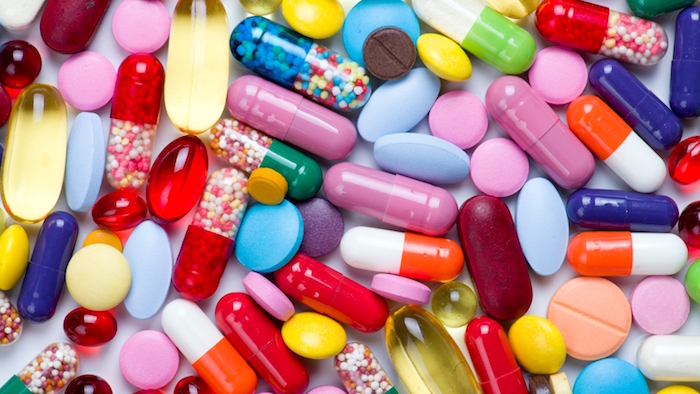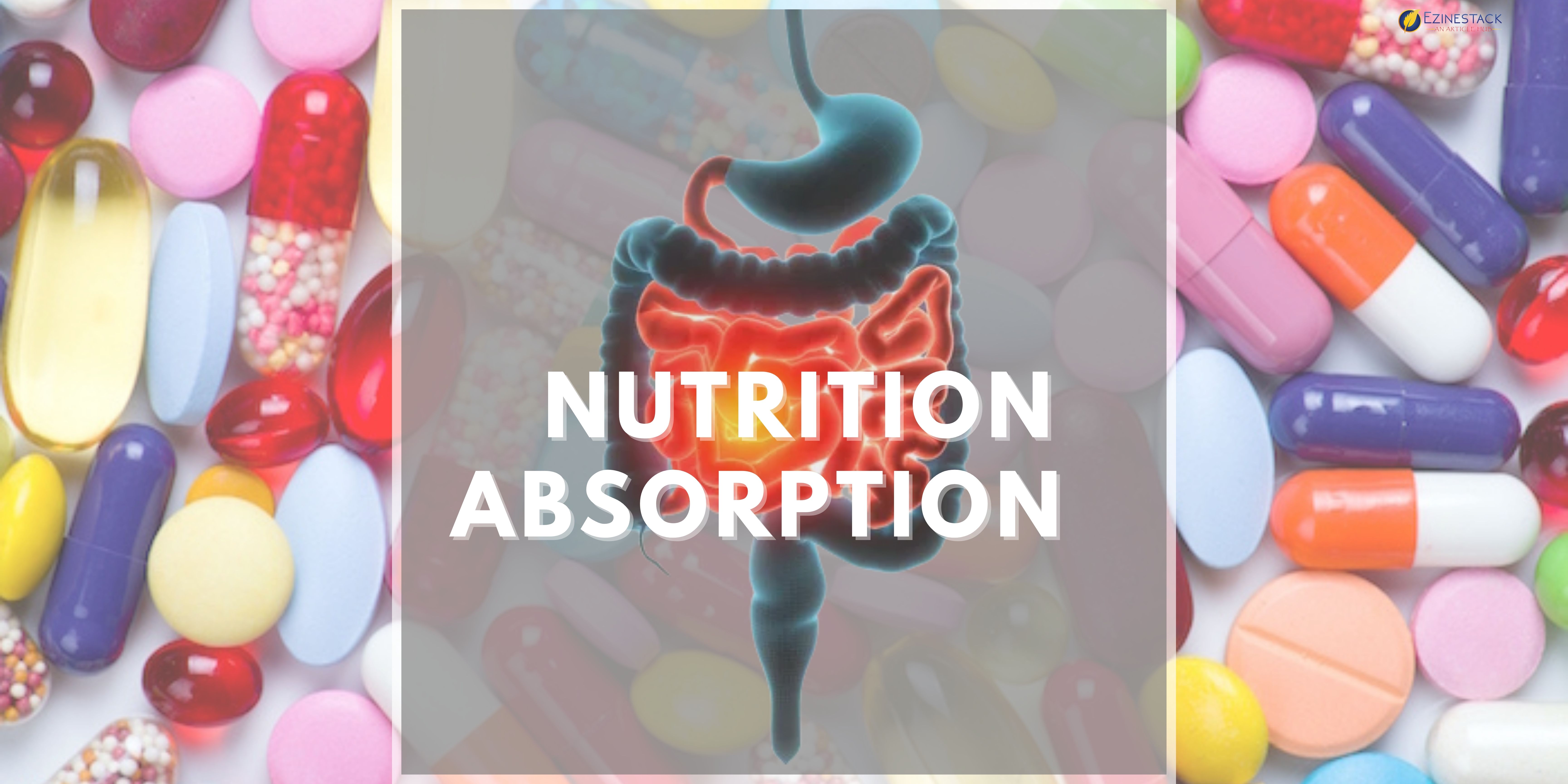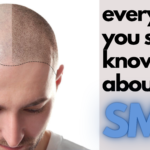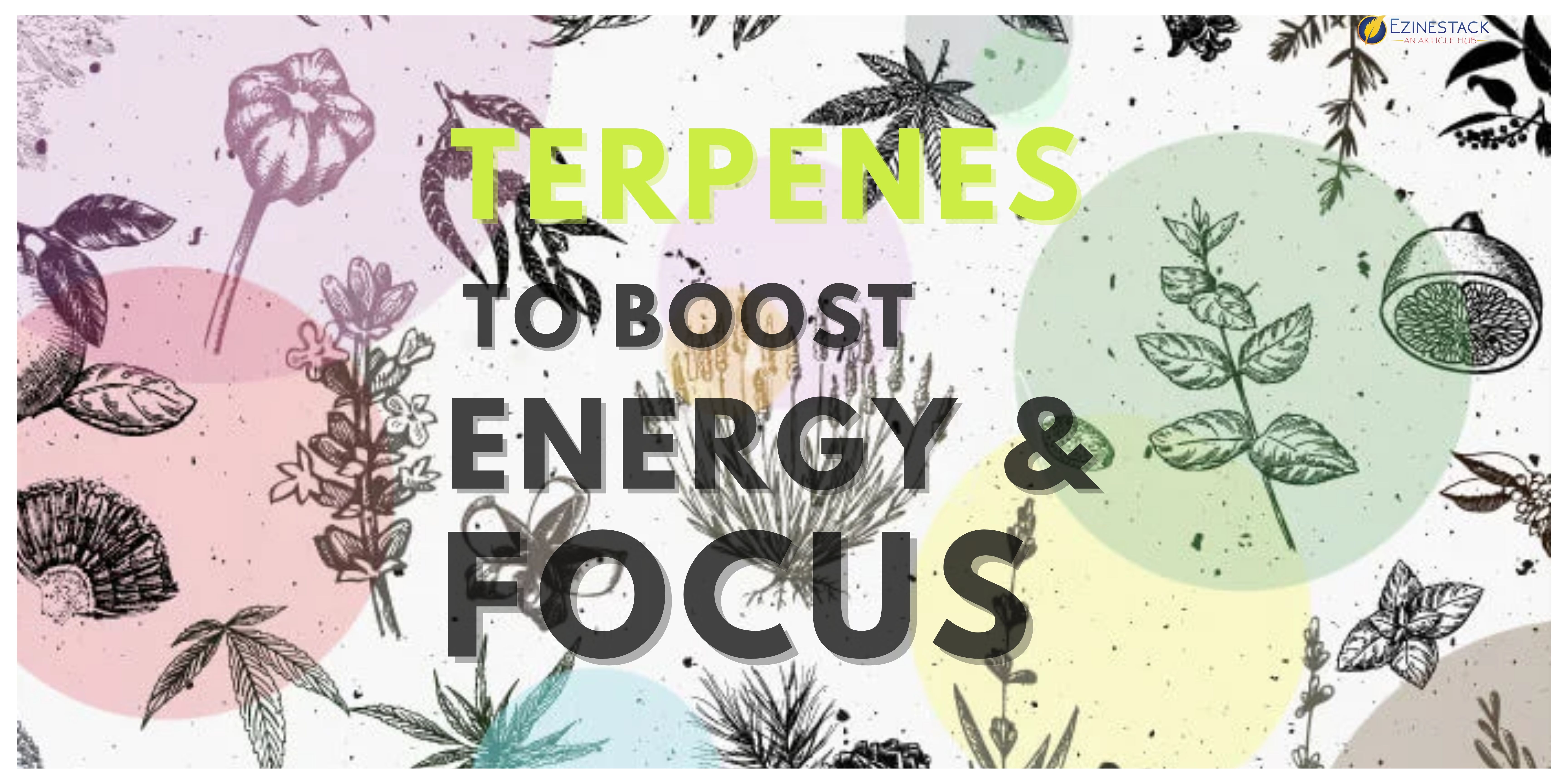Signs That You Aren’t Absorbing Nutrients
It isn’t enough to simply consume food; you must also absorb its benefits. While it may appear that eating a salad for lunch is sufficient, it is only effective if your body benefits from the greens. Identifying the symptoms that you aren’t absorbing nutrients from your meals might be beneficial because you can then be more conscious of your intake in the future. The body can be harmed by malnutrition since it thrives when it has enough fuel and resources to function. Getting adequate calories and nutrients throughout the day will ensure that your body operates at its best.

As a certified health coach, I help clients figure out the best ways to combine foods to meet their nutritional needs while also boosting their energy, mood, and happiness. Because food has such a significant impact on our mental and physical well-being, making good food choices should be a top focus in your day. You need protein, fibre, good fats, vitamins, and minerals to keep your body healthy, and you’re putting your body at a disadvantage if these micro and macronutrients aren’t absorbed effectively, or if you’re just not consuming enough.
Here are 10 indicators that you aren’t receiving enough calories and nutrients throughout the day. You’ll feel completely energetic and balanced after following a few attentive recommendations.
1. Palpitations in the heart
Do you have the sense that your heart is skipping a beat or adding an extra one on a regular basis? Your heart may race, pound, or flutter as a result of heart palpitations. An iron deficiency can cause irregular heartbeats and heart palpitations by putting too much pressure and stress on the heart.
2. Digestive Disturbance
Malnutrition can hinder your capacity to operate, particularly during work hours or when you’re out socialising. Digestive illnesses like Crohn’s disease and celiac disease can make it difficult for the body to absorb iron. If the digestive system isn’t clean, such as if there is trapped garbage, the digestive system won’t be able to absorb any nutrition from the food.
3. Losing of Hair
Malabsorption syndrome is a term used to describe diseases that prevent macronutrients (proteins, carbs, and fats) and micronutrients (vitamins and minerals) from being absorbed into the bloodstream from the intestine. If you have trouble absorbing protein, your hair may become dry and brittle, and you may even lose hair. If your strands start to fall out, have a look at your nutrition.
4. Brittle Nails
Brittle nails might indicate a deficiency in nutrition. When you don’t get enough protein, your body goes into survival mode and stops sending vital protein to nourish your hair and nails, eat lean meats, lentils, tofu, ancient grains like quinoa, and fish with each meal to ensure you get adequate protein.
5. Strange Stools
It’s no secret that the look of your faeces is a clear indicator of how your body absorbs nutrients from food. Diarrhoea and loose stools, as well as a high odour and light coloured stool, can indicate malabsorption. If you observe a change in your stool patterns, please contact your doctor right once to discuss the problem.
6. Tingling and numbness
If you have numbness and tingling in your hands and feet, it could be an indication of a nutritional deficiency. According to Ashe, those who are deficient in vitamin B12 may exhibit such symptoms. Take supplements like liquid vitamins or eat animal protein like liver (especially for vegetarians).
7. Fatigue
Fatigue and dizziness are common symptoms of iron and magnesium deficiency. When the body doesn’t absorb enough iron, it runs the danger of developing anaemia, which can impact energy and mood levels, making you feel fatigued and withdrawn. To get your fill, consume beans, lean animal proteins, and leafy greens.
8. Swelling & Bloating
Nutritional deficits cause bloating and oedema. If you have swelling in your legs, it could be due to a lack of protein in your diet. It’s possible that you’re suffering from malabsorption if you’re experiencing abdominal pain and cramping, as well as bloating.
9. Problems with the Menstrual Cycle
If your cycle is irregular, it could be due to a lack of calories or nutrients, as this behaviour can throw your body out of whack. It’s possible that a food influence is causing your irregular periods. Check to see if you’re getting enough nutrients and calories from whole foods during the day and if your next cycle returns to normal.
10. Food Not Combined Properly
Our vitamin absorption can be aided or hindered by the meals we eat together. When nutrients are coupled together to improve absorption into the body (known as the nutrient-partner principle), nutritional balance is established. Calcium gets absorbed into the bones with the help of vitamin D. Make sure you’re consuming foods that are high in nutrients, such as halibut with kale or cooked spinach with cashews and Parmesan, If you refrain from consuming veggies, then a vitamin D3 spray can help you absorb more of them.
How Can You Boost Your Nutrient Absorption?
If you feel they are having problems with vitamin absorption, the most important and first thing you should do is to meet with your doctor. It’s possible that an underlying health problem is to blame, and it’s likely treatable. After you’ve been diagnosed and received any necessary treatment, you can include these healthier eating and lifestyle choices.
- Stress can be managed in a healthy way with meditation, yoga, and exercise.
- Increase your physical activity. For you as a trainer, this is self-evident, but your clients may not know how much it affects nutrition. Exercise keeps the digestive tract healthy and helps food pass through more quickly for greater absorption.
- Each night, get eight to nine hours of sleep.
- Caffeine and alcohol should be consumed in moderation.
- At each meal, include a variety of foods. A variety of foods should be included in every meal and snack. Absorption is aided by the complicated interactions between different nutrients, therefore more variety enhances the chances of better absorption.
- Recommend that your vegetarians and vegans eat iron-rich diets alongside vitamin C-rich foods. The latter aids in the absorption and use of iron. They should also avoid drinking tea with food since the usually beneficial chemicals in tea can interfere with iron absorption.
- Healthy fats should be a part of your diet. Those who are trying to lose weight may be restricting fats excessively. Fat is required for fat-soluble vitamins A, D, E, and K to be absorbed.
- Probiotics can help to maintain a healthy gut ecology.
- Every day, stay hydrated. To carry nutrients through the body, adequate fluid levels are required.
- Liquid multivitamin supplements may be beneficial, but make sure you consult with doctors first.
- Stop trying to lose weight. It’s possible that some of your clients are dieting excessively. Encourage them to increase their calorie intake because this could be the source of the problem. Then sit down with them and devise a diet that is both healthful and nourishing.
Final Thoughts
Vitamins and minerals are necessary for your body to perform at its best, and if you don’t receive enough, you’ll suffer the repercussions. Calcium, iron, magnesium, potassium, vitamin A, vitamin C, and vitamin D are all inadequate in today’s environment. according to research. Chronic health issues such as anaemia, osteoporosis, arthritis, thyroid illness, heart disease, and even some types of cancer may be exacerbated by these and other deficiencies. When thinking about ways to aid your body’s absorption of nutrients and prevent nutritional deficiencies, it’s critical to analyse your diet and supplement it as needed to minimise nutritional inadequacies.
Most fat-soluble vitamin supplements are dried, compressed tablets, pills, or powders that are difficult to dissolve for effective vitamin and mineral absorption. If you’d rather take a single fat-soluble vitamin, choose Oral Vitamin Spray that contains the vitamin in gel or oil for maximum absorption. Consider a vitamin D supplement in the form of a gel cap that already contains vitamin D soaked in sunflower oil.











